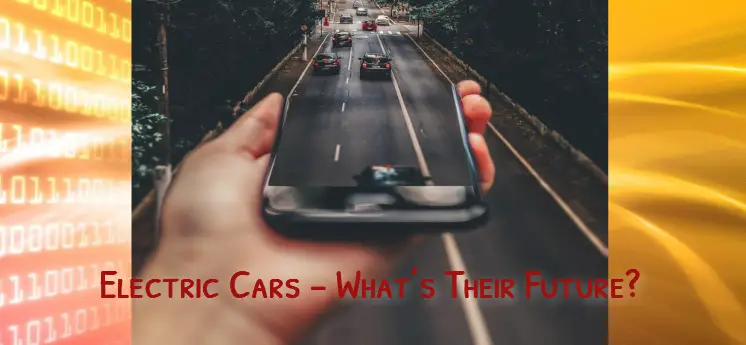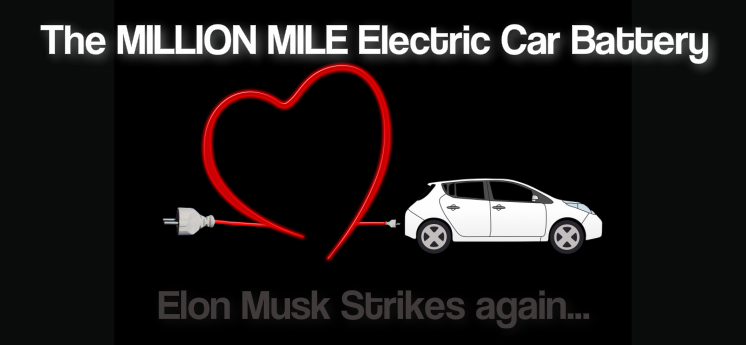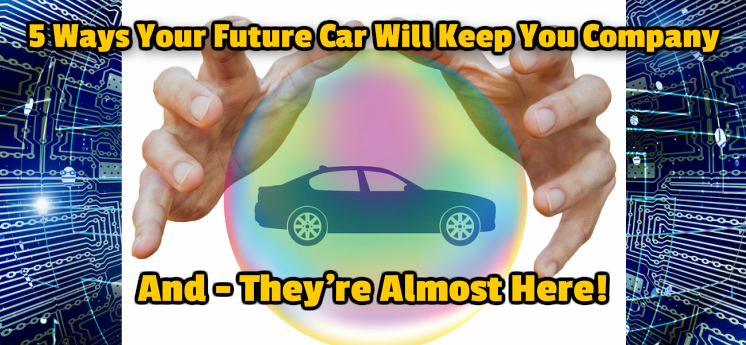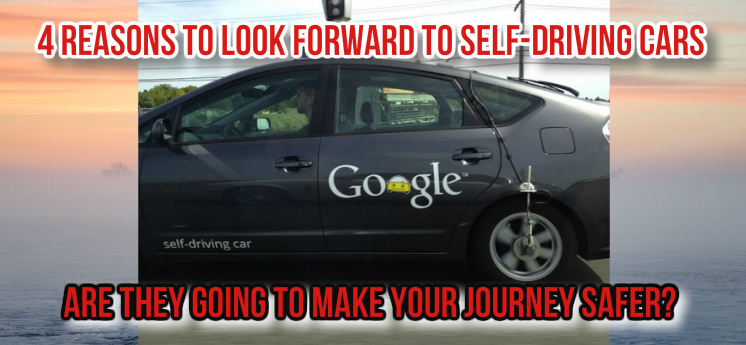Let’s go in parts…
An electric car is a vehicle driven only by an electric-powered engine. It depends entirely on batteries, and its autonomy is limited by them.
Although there are other variants that combine the batteries and electric motor with another combustion engine (diesel or gasoline) which makes them cleaner than the traditional vehicle, but not as much as the 100% electric car we were talking about initially.
For better and for worse…
As idyllic as it seems, betting on buying an electric car not only has advantages, it is precisely those small inconveniences that slow down their growth.
ADVANTAGES OF PURCHASING AN ELECTRIC CAR:
Among the advantages of an electric car, we can highlight is it being ‘eco-friendly’ since it does not emit CO2 nor is it noisy like traditional vehicles.
Using electricity as ‘fuel’ makes travel cheaper. The use of the electric car is more profitable in the long run since travelling with electricity is cheaper compared with petrol or diesel.
They are also more spacious because they don’t have a large combustion engine and many mechanical parts. The space in the hood is free and can reduce the dimensions of the vehicle in general.
AND NOW FOR SOME DISADVANTAGES:
I am not here to sell you an electric car; therefore, being an honest critic, I know looking at the disadvantages is equally, if not more important. The disadvantages that reduce the sale of these vehicles is the purchase price. Electric vehicles are much more expensive than traditional cars. However, recent models are that cost-effective have also been launched providing a wider variety to choose from.
Moreover, lack of autonomy is also a disadvantage. The more autonomy you want, the more you will have to spend. While the affordable options remain a good option to move within the city or in short distances, making long trips still remains a big question.
And in addition, the shortage of charging points makes ‘refueling’ complicated, especially when away from home. Moreover, the cost of installing a charging point at home also has to be considered.
Add to that if you’re using a larger vehicle, an RV for example, then you’ve got to consider how you’re going t recharge those when you’re off the beaten path.
Autonomy and battery
As we noted, the autonomy and refuelling the electric car is one of the main drawbacks. However, there are a few models with batteries that allow us to travel long distances. These include:
- Tesla Model P100D and 100D with autonomy of 613 and 632 km, respectively.
- Opel Ampera-e reaches 500 km of autonomy.
- Renault ZOE reaches 400 kilometres of autonomy.
- BMW i3 reaches 300 km of autonomy.
Other than these, the most basic and affordable models have a lower range between 90 km (Renault Twizy 80) and 212 km (KIA Soul EV).
However, with this autonomy, 75-80% of the population would be served an electric car for their day to day travel and to move between work and home. Let’s be honest; we do not travel as many kilometers a day as we think.
But is it profitable?
Although the consumption will always depend on the model, we can say that on average an electric car consumes 17 kWh per 100 kilometres.
On average, an electric car consumes about € 2.5/$2.8 per 100 km if recharged with daytime rate, and can drop to € 1.18/$1.32 per 100 km if done at night. On the other hand, a diesel car with medium power consumes around € 5/$5.61 per 100 km. However, if it is only driven in the city, consumption increases to € 7/$7.85 per 100 km.
If we travel an average of 30 kilometres a day in the city, the energy or fuel cost will be:
- Electric car: € 120.45/$135.11 per year (if we recharge at night rate)
- Traditional car: € 766.5/$859.77 per year
Clearly, electric cars can help us save more than €640/718 per year under this assumption. Although it is true that the car is more expensive when you buy it, if you have a lot of travelling in your routine, electric cars tend to be a great option. Also taking into account that electric car maintenance is cheaper because of minimal repair requirements, it becomes profitable 5-6 years after the purchase.
The price of an electric car and our verdict
One of the big obstacles is the high price of an electric car. It is true that we can find variety of benefits and prices, but they are generally more expensive than traditional cars.
For example, a Tesla Model S, one of the finest models in the market, costs around €148,500/$166,569.48. However, another more modest model, the Tesla Model 3 costs €33,000/$37,015 without applying subsidies and grants.
More traditional brands such as Renault, Opel or BMW have also launched their own electric cars on the market. The Renault ZOE can be purchased from €16,600/$17946 while the BMW i3 costs around €35,500/$39,819.
Our Verdict
With all that said and done, we truly believe that electric cars will overtake traditional ones in the near future. Their environmental impact, for us, is the most important reason behind this. Other than this, the changes in technology have already started reducing the number of disadvantages they carry, making them a more viable option with every passing day.
Featured Image by Matheus Bertelli from Pexels






































